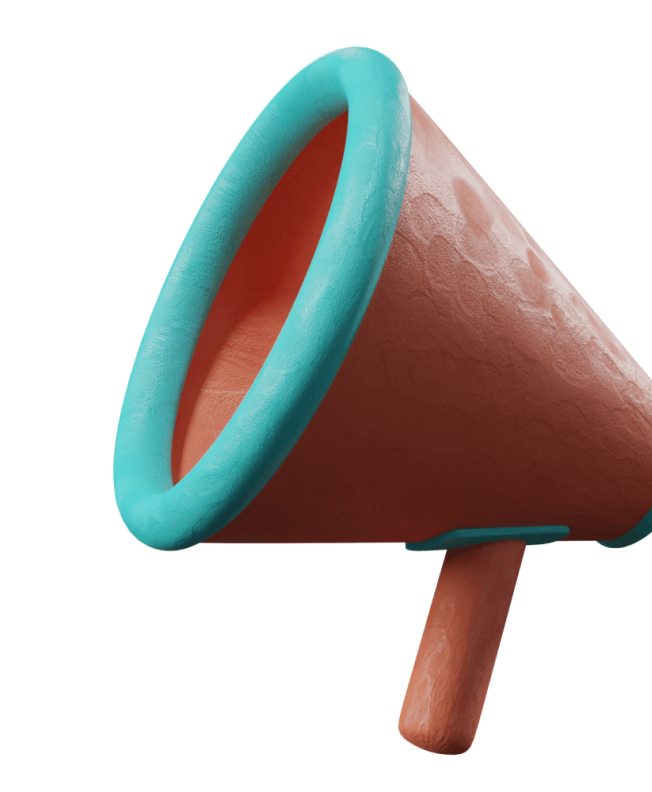
by Google
Hate on the Internet and hate speech in comments are something that not only influencers and YouTubers, but also ordinary social media users regularly encounter. Aggressive messages, insults or even threats can have a serious impact on some people. In this article, we will look at how to deal with hate speech on the Internet, how to protect your mental health and how to promote positive behavior in the digital space.
Why do people hate each other?
The Internet provides a sense of anonymity, which leads people to behave differently than in real life. Many of those who write hateful comments would probably not say such things to you in person. Hate comments often stem from frustration or personal issues, so the first step in responding to them is to not take it personally.
The eternal dilemma - ignore or respond?
Why ignore?
Replying to hateful comments can lead to a worsening of the situation or escalation of the conflict. The authors of such comments often want attention or a reaction from you, so ignoring these comments will prevent them from achieving the desired reaction. Interactions also increase visibility on social networks, so responding to a hateful comment will only get it to more users.
When to respond?
If a comment contains inaccurate information about you or your brand, it can be important to correct the author and respond to the comment with facts. Sometimes, responding diplomatically can help to change attitudes positively, as some hateful comments stem from ignorance or misunderstanding.

Response Strategies
Remain professional
It is key to remain professional and objective when responding to hateful comments. A factual and polite response shows your maturity in handling difficult situations. By being calm and professional, you can build trust with your community, which can help attract new followers.
Support the community
You can strengthen relationships with your followers by commenting that rejects hateful content and supports the community. Standing up for your community when you see it being attacked is a key way to show support and maintain positive interactions.
Use humor
Using intelligent humor can help defuse the situation and show that you're on top of things. However, be careful when using humor and make sure it is appropriate for your target audience.
“In the online world, there will always be someone who likes to vent in the comments under your post. It is important to remember that unless it is constructive criticism, such hate speech is often just a manifestation of their own frustrations and negative events in life. It is up to you whether you choose to tolerate these comments on your profile or not. You can respond to them or simply delete them. Ultimately, it's your space, your community, and you have the right to protect its atmosphere."


Reporting and blocking hate
Reporting or blocking hate comments is a quick fix, the use of which depends on the situation. They serve as an immediate defense that does not solve the primary problem of hate. When to block and when to report? Let's take a closer look.
Reporting
Reporting generally has a greater impact because you directly alert the platform to inappropriate behavior. Social networks use these reports to improve their algorithms and policies. Reporting hate rather fulfills the long-term goal of reducing hate and contributes to lasting changes in behavior on social networks.
Blocking
Blocking is a quick way to protect yourself from further interaction with a person. If this person is causing you psychological discomfort, blocking is a simple and quick solution to limit contact with a hater. However, the difference between blocking and reporting is that the blocked person will not be able to interact with you, but they can continue their behavior on other profiles, so blocking only solves a short-term goal.

Whether you choose to ignore, respond to, block, or report hate comments depends on the specific situation and what you want to achieve. Ignoring can reduce the attention the hater receives, but if you think your response can make a difference or help your community, responding professionally and respectfully can be the right choice. Reporting and Blocking is useful if you want to directly intervene against inappropriate behavior and protect yourself or others. However, remember that the long-term solution is building a positive community and fostering healthy discussions.






